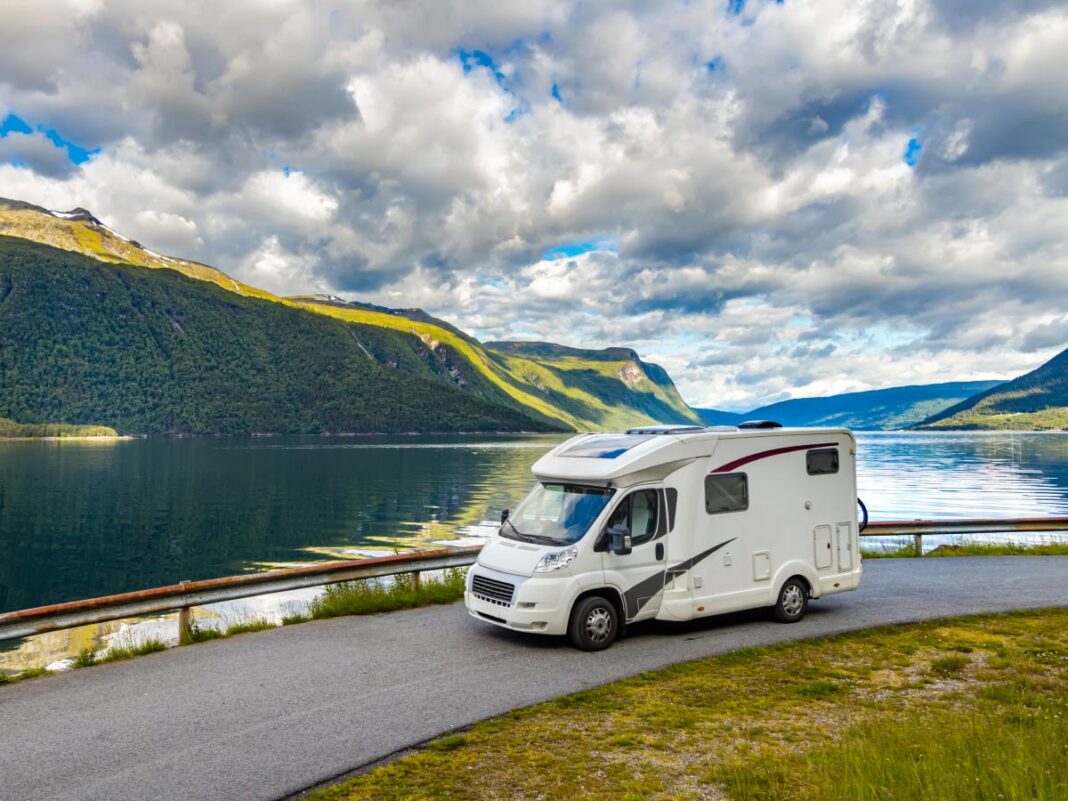In recent years, the allure of the open road has captivated adventurers seeking freedom and flexibility in their travels. The recreational vehicle (RV) has emerged as the quintessential exploration vehicle, reshaping how we experience the world. No longer just a means of transport, RVs have become symbols of a lifestyle that embraces discovery, independence, and the comforts of home on wheels.
The Rise of RVs in Modern Travel
The RV industry has witnessed a remarkable transformation, fueled by shifting consumer preferences and tech advancements. As remote work becomes more prevalent, many are seizing the opportunity to explore the world at their own pace while maintaining work productivity. This trend has given rise to a new generation of digital nomads who value experiences over material possessions.
Technological Advancements Driving Change
Eco-Friendly Innovations
Sustainability is at the forefront of modern RV manufacturing. Companies are responding to growing consciousness around sustainable tourism, introducing eco-friendly models that minimize environmental impact. These innovations include renewable energy sources like solar panels, energy-efficient appliances, and sustainable construction materials.
Smart Technology Integration
Today’s RVs are equipped with cutting-edge technology, offering conveniences that rival traditional homes. Features like remote-controlled lighting, climate systems, and advanced navigation tools enhance the travel experience. Modern RVs now feature advanced technologies such as remote-controlled systems for lighting and climate control, high-tech navigation tools, and connectivity options that enable remote work.
Compact and Personalized Designs
The shift towards minimalism and efficiency has led to compact and lightweight RV designs. These models are easier to maneuver, more fuel-efficient, and accessible to a wider range of travelers. Additionally, there’s a growing desire for personalization, with enthusiasts seeking customization options ranging from personalized interior layouts and finishes to exterior features.
Emphasis on Outdoor Living
Embracing nature is a core aspect of the RV lifestyle. Manufacturers are enhancing this connection by incorporating features that blur all the lines between indoor comfort and outdoor adventure. Expanded awnings, outdoor kitchens, and entertainment setups allow travelers to immerse themselves in their surroundings.
The Future of the RV Market
The RV market is poised for significant growth, with innovation and expansion opportunities on the horizon. This surge is driven by a combination of technological advancements, changing demographics, and evolving consumer needs.
Technological advancements are enhancing the RV experience, integrating features like smart home systems, energy-efficient management, and advanced safety mechanisms, catering to tech-savvy consumers. Moreover, the rise of remote work and digital nomadism has heightened the appeal of RVs, as people seek flexible and adventurous travel options.
Aging Population and Market Expansion
The demographic shift with an aging population is contributing to the market’s growth. Retirees are increasingly seeking out RV travel, benefiting from its freedom and comfort during their leisure-rich golden years. Financial institutions are facilitating this trend by offering attractive financing options, making RVs accessible to a broader consumer base.
Innovations Shaping the Future
Electric and Autonomous RVs
The industry is moving towards greener solutions to address environmental concerns. Innovations include the development of electric RVs and power-assisted trailers. Concepts like the autonomous RV (ARV) are emerging, where modules could autonomously follow a lead vehicle without physical connection, inspired by advanced towing technologies.
For example, the Romotow caravan, known for its luxury and technological sophistication, features a pivoting design that sets it apart from traditional models.
Community and Social Connections
The sense of community among RV enthusiasts is stronger than ever. Social media platforms, forums, and dedicated apps have created spaces where travelers can exchange tips, share experiences, and organize meetups and rallies. This connected network enriches the RV lifestyle, fostering friendships and shared adventures.
The Evolving Role of RV Dealerships
Dealerships play a pivotal role in this evolving landscape. They are not just points of sale but hubs for community engagement and education. Modern dealerships offer RV rentals, service centers, and accessory parts, adapting to changing consumer demands.
Impact on Tourism and Economy
RV travel significantly contributes to local economies by redistributing tourism revenue and offering a socially distanced, safe travel alternative. This impact has been especially notable in the post-pandemic landscape, where travelers seek flexible and safe options.
Conclusion
The world of RVs is rapidly changing, reflecting broader shifts in technology, consumer preferences, and lifestyle values. As the RV market stands on the brink of a promising growth trajectory, we can expect these exploration vehicles to continue reshaping how we see and experience the world. Whether it’s through technological innovations, sustainable practices, or the simple desire to connect with nature, RVs are more than just vehicles—they are a movement toward a freer, more connected way of life.


